Product Description
Promethazine is a medication with a sedative effect that also possesses antiemetic properties. It acts as an adrenoblocking agent, moderating both peripheral and central anticholinergic activity. The therapeutic effect begins approximately 20 minutes after ingestion and can last for 6 to 12 hours. This makes it effective for both short-term and extended relief from symptoms.
The drug is commonly used to treat allergic conditions and reactions, including rash, itching, eczema, drug-induced skin eruptions, serum sickness, Quincke’s edema, hay fever, and anaphylactic shock. Additionally, it is part of complex therapy for bronchial obstructive syndrome, providing relief in respiratory conditions.
Promethazine is also prescribed for various skin diseases, such as eczema, neurodermatitis, diathesis, contact dermatitis, and toxicodermia. Its broad-spectrum application makes it a versatile option for managing inflammatory and allergic skin conditions.
Safety Information
For adults, the recommended oral dosage of Promethazine is 75-100 mg per day. The maximum allowable dose is 75 mg in a single dose and 500 mg daily. It is sometimes administered as part of lytic mixtures for enhanced therapeutic effects.
Dosage guidelines for children vary by age:
- 1-2 years: 5-10 mg, 1-2 times daily
- 2-5 years: 5-10 mg, 1-3 times daily
- 5-10 years: 5-15 mg, 1-3 times daily
- Older than 10 years and adolescents: 5-20 mg, 1-3 times daily
In emergencies, such as asthmatic status or false croup, the dosage may be increased to 1-2 mg/kg to manage severe symptoms effectively.
Contraindications
Promethazine should not be used in the following cases:
- Concurrent use with MAO inhibitors
- Coma (including alcohol-induced)
- Severe liver dysfunction
- First trimester of pregnancy
- During lactation (breastfeeding)
- In infants under 2 months old
- Hypersensitivity to promethazine or other phenothiazine derivatives
Side Effects
Potential side effects include:
- Gastrointestinal: Numbness of the oral mucosa, dry mouth, nausea, constipation, diarrhea, and rarely, jaundice.
- Neurological: Drowsiness, dizziness, anxiety, lethargy, fatigue, impaired coordination, and blurred vision. Rare effects include tinnitus, euphoria, nervousness, insomnia, seizures, and extrapyramidal disorders.
- Cardiovascular: Tachycardia, bradycardia, palpitations, fainting, hypotension (with intravenous use), and arrhythmias.
- Dermatological: Contact dermatitis, photosensitivity, and urticaria.
- Hematological: Leukopenia, agranulocytosis, aplastic anemia, and thrombocytopenic purpura.
- Allergic reactions: Exanthema, angioedema, and anaphylactic responses.
- Other: Irregular breathing and urinary retention.
Patients experiencing severe or persistent side effects should seek immediate medical attention.

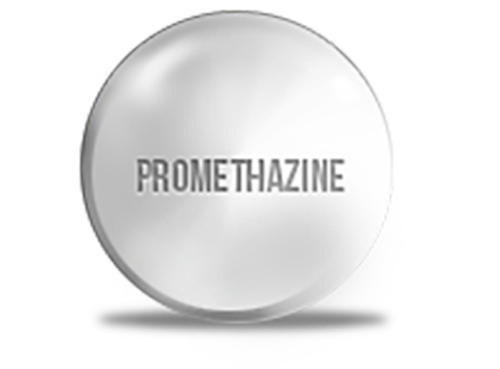

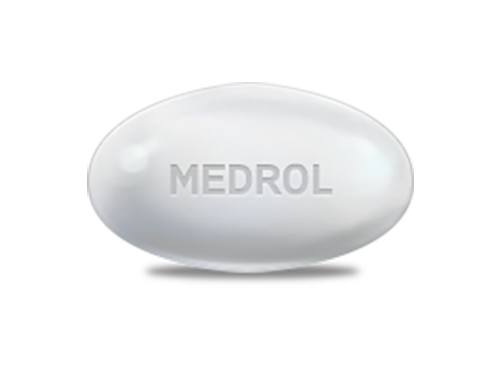
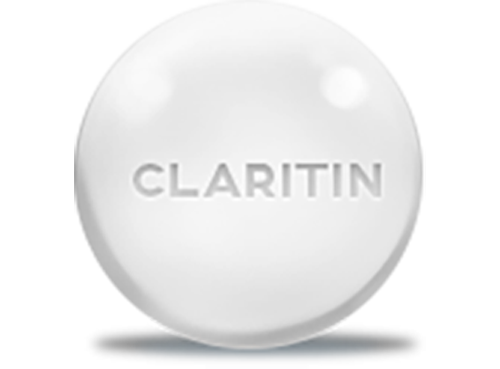

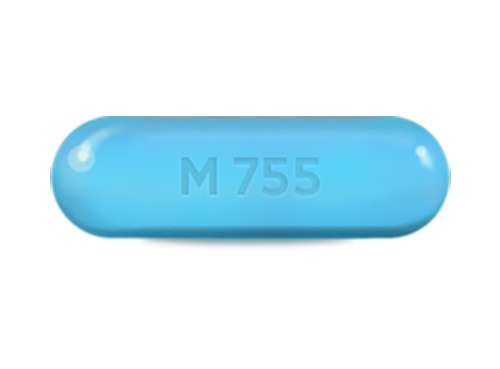


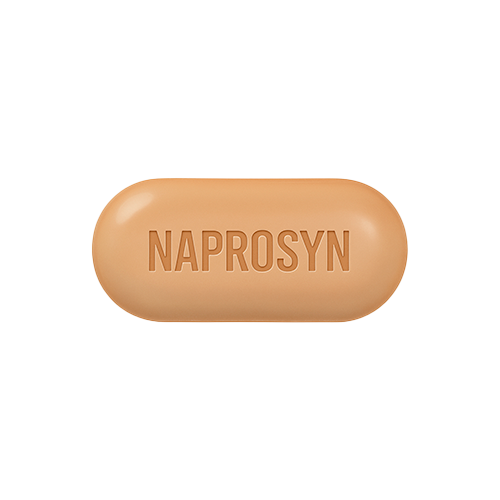
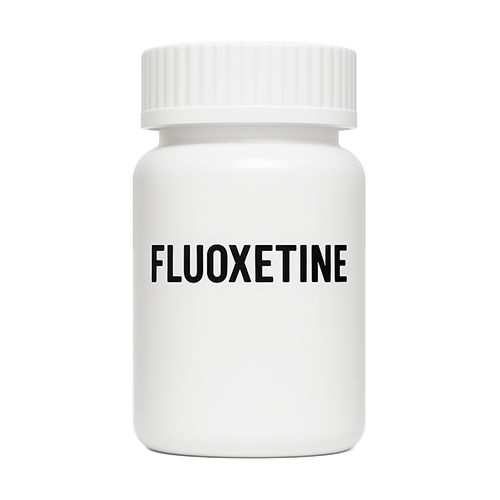
Reviews
There are no reviews yet.